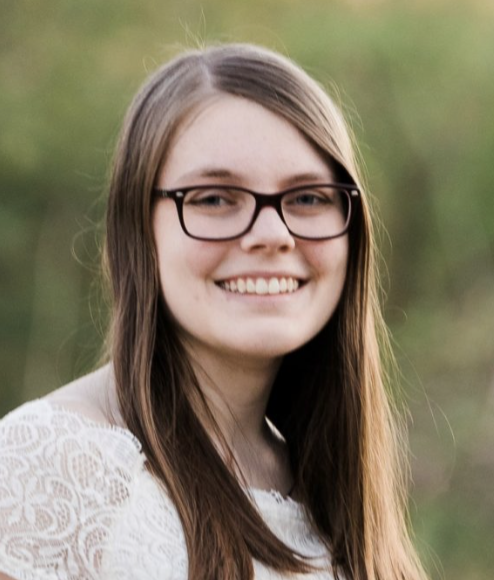So, you have a new application to work on. I’ve been there. I can remember back to the first time I looked at the questions for many of my state, national, and international scholarships. Some of these questions included:
- “Think about your own community. Please share a narrative that you want people to know that is not currently being told or widely known…” – Humanity in Action Fellowship
- “Describe a specific activity or experience that has been important in clarifying or strengthening your commitment to the environment.” – Udall Scholarship
- “Candidates should discuss how work in their field of study (including their own research) can enhance the USA-UK relationship.” - Marshall Scholarship
- “In what way did COVID-19 or other hardships over the past couple of years affect your research career plans and did those events alter your ability to pursue those plans?” – Goldwater Scholarship
- “What will be the title of your autobiography?” – Flinn Scholarship
I looked at these questions, and I had no clue what to write. Sometimes, I felt like I had nothing to say. Sometimes, I thought I could talk about a hundred different things. With the benefit of hindsight, I do have some advice on tackling this process.
Here are some steps to get you brainstorming and narrowing down your essay topics:
Don’t panic.
You got this! You are writing about you, and you are an expert on you.
Start brainstorming.
Write a list of everything you consider talking about in this application.
Get specific.
What is the application focused on? If you are applying for an environmental scholarship such as Udall, you probably want to make sure you mention your environmental project, job, thesis, or research. If you are applying for graduate school, you probably want specifics about why you are interested in that school and program. Write down anything you might include in this application, from hobbies to clubs to reasons for applying to funny stories you’d like to share. This step might be annoying, but it could help you later to not forget things!
Make sure you answer every part of the question.
This sounds obvious, but it is one of the main things that people forget to do in an application. For instance, you will often be asked something such as, “What are you studying, and what motivates you to study this topic?” Now, the first part is probably easy. In my case, I was studying engineering. But there were so many different and complex reasons I am interested in engineering. I would jot down all the reasons that might fit in this essay.
Look again at each question. Ask yourself, “What story can I tell here?”
The most interesting essays often tell a story. While you want to make sure you are answering the question fully and honestly, it can be helpful to pick a story that exemplifies your answer.
Show, don’t tell.
Avoid regurgitating your resume. If you are truly telling a story, you probably will avoid this automatically. Applications will often have a resume section, anyway. The short essays are meant for you to show a piece of yourself beyond your resume.
Make sure you answer every part of the question - Again.
Did you miss anything essential to your application? You might have realized you got to the end of picking your answer to each question, and you left out your most important story, activity, or passion for your field! Consider where you can move things around and fit things in. Avoid the trap of sticking something unrelated under one question because you need more room. Make sure to always answer the prompts.
Time to write! Revise as needed.
You have a wonderful story to tell. But sometimes, this story just doesn’t come out on paper. If your topic isn’t working for one of the application essays, consider reorganizing your application. Or perhaps start fresh. Re-write the same story from scratch. Make sure if you move anything around, you are still fully answering each essay question.
And finally, ask for help.
Talk it through with your tutor, scholarship office, teachers, friends, and/or family. Sometimes, you just need someone to continually ask you, “Why?” Applications can be a place for intense soul-searching and inner realization. This can feel stressful and invasive but can also provide great clarity in your journey. Ask for help, whether with your mental health or your writing. You are important. Do not forget this.

Comments